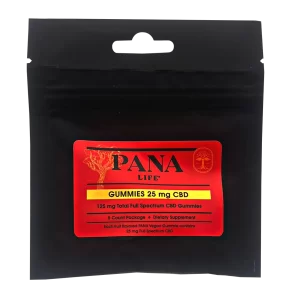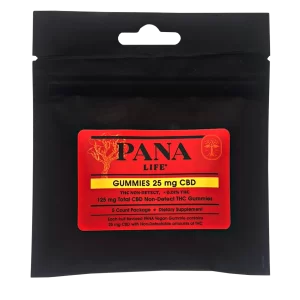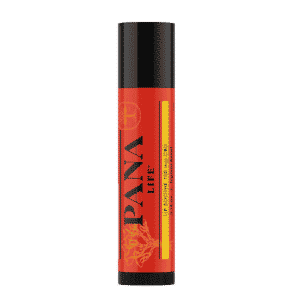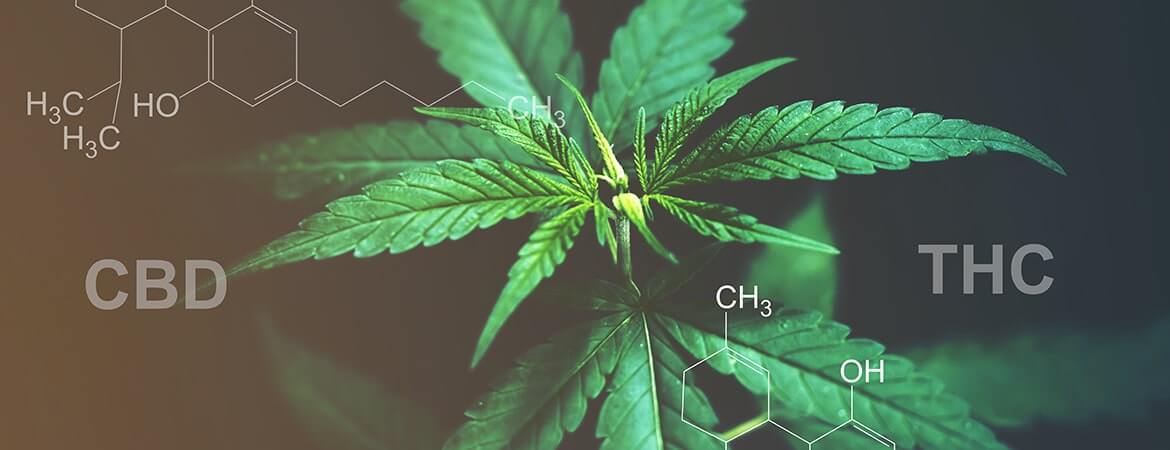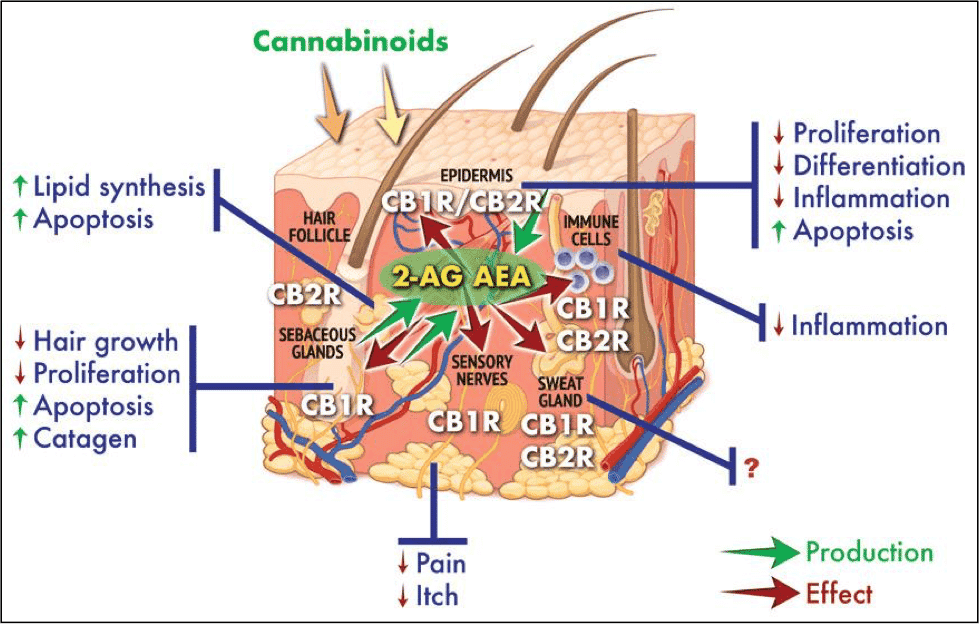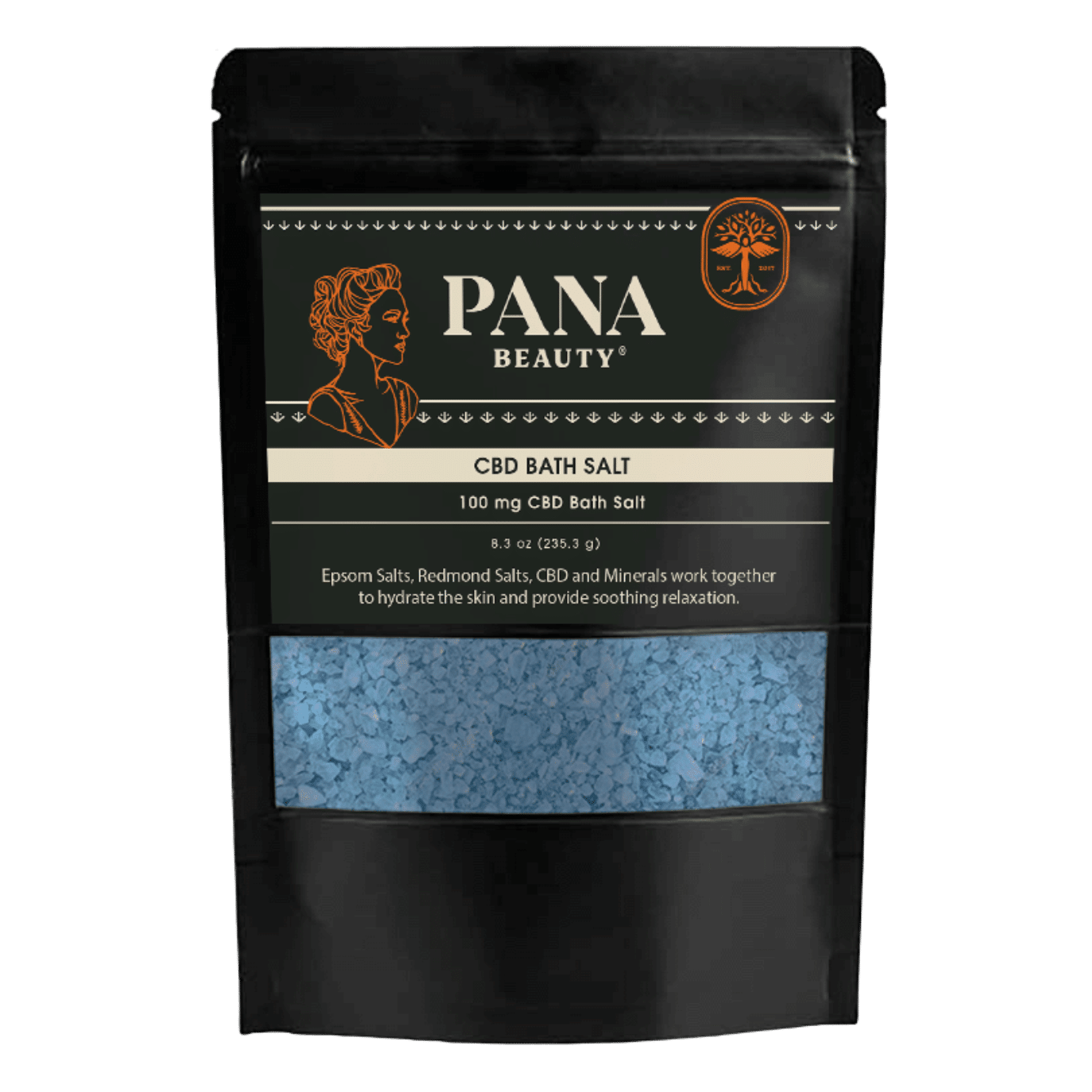Whenever and wherever we go shopping, there is always some cannabidiol (CBD) infused product. The hype about this non-toxic cannabinoid has inspired many to accept it in their everyday health and wellness routine, with CBD items available in significant pharmacy stores and local malls.
You may have heard people boast about the potential various benefits of different CBD products, but what does science tell us about this cannabis compound’s therapeutic properties? To help you understand this cannabinoid, we will be addressing the following questions is critical:
- What is CBD used for?
- What’s the optimal method of delivery?
- How long do the effects of CBD last?
Once we dive through the best delivery strategies, let’s remember what previous studies have to say about CBD.
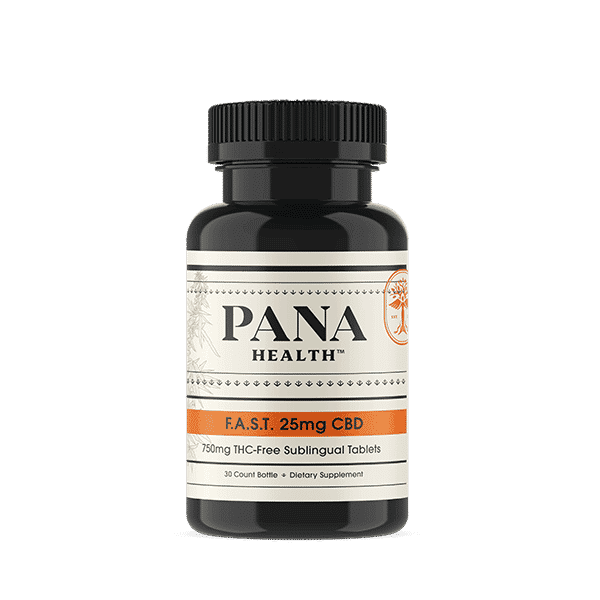
What are the benefits of CBD?
CBD may have a few different effects on people, leading to a complex process that needs more study to understand better how it produces these effects. However, we can paint a reasonably accurate picture of CBD’s relationship and the human body based on what has already been identified by past studies.
Promote a sense of calm
There has been research done pointing that CBD may help for problems with overall wellbeing and promoting a sense of calm. For example, a study published in the Brazilian Journal of Psychiatry in February 2019 found that 300 milligrams of CBD was the ideal dosage for decreasing stress during social activities such as public speaking.
Similar findings were also made through studies on animal models, such as the 2014 study, which found that CBD exhibits anti-feelings of anxiousness and anti-depressant effects. There is also evidence that cannabis with a high CBD-to-THC ratio may help you achieve an overall sense of wellbeing.
Addiction
Also, CBD has emerged as a possible candidate for helping opioid or tobacco addiction. The study summarized 14 studies in a 2015 analysis published by researchers at the University of Montreal Hospital Centre. It concluded that CBD could have medicinal properties for heroin, cocaine, and psychostimulant addiction. Researchers investigated whether CBD could minimize tobacco addiction in a 2013 study published in Addictive Behaviors. Following one week of testing for 12 people for CBD inhalers and another 12 with placebos, the team found that those helpinged with CBD substantially decreased the number of smoking cigarettes by 40%. In contrast, the placebo group showed no substantial difference.
Seizures/Epilepsy
CBD oil has generally been considered a highly successful substance in minimizing epileptic seizures in both children and adults even before CBD gained widespread appeal. Epidiolex, the very first pure CBD drug to be licensed by the FDA, is a treatment choice for people with severe types of epilepsy, such as Dravet syndrome and Lennox-Gastaut syndrome, both of which cause seizures in kids. Research based on pediatric patients in 2018 found that whole-plant CBD oil decreased patients’ epileptic seizures, while 10 percent ended up being fully seizure-free.
How long does CBD last?
CBD’s onset period and length depend on various conditions, including administration process, the amount you take, and human factors such as body mass and metabolism.
Sublingual
After the CBD is absorbed under the tongue by mucous membranes, it enters the bloodstream rapidly, allowing consumers to experience the effects shortly after intake. The CBD results will last anywhere from 4 to 6 hours, depending on the amount, using the sublingual technique.
Ingestion
It may be 1-2 hours before CBD’s effects eventually set in with ingestion, but the effects will last for up to 6 hours.
Topical
If CBD is added topically to the skin, CBD ‘s permeability is ten times greater than THC, peaking after 90 minutes. This prescribing procedure is suitable for helping chronic discomfort in particular areas.



